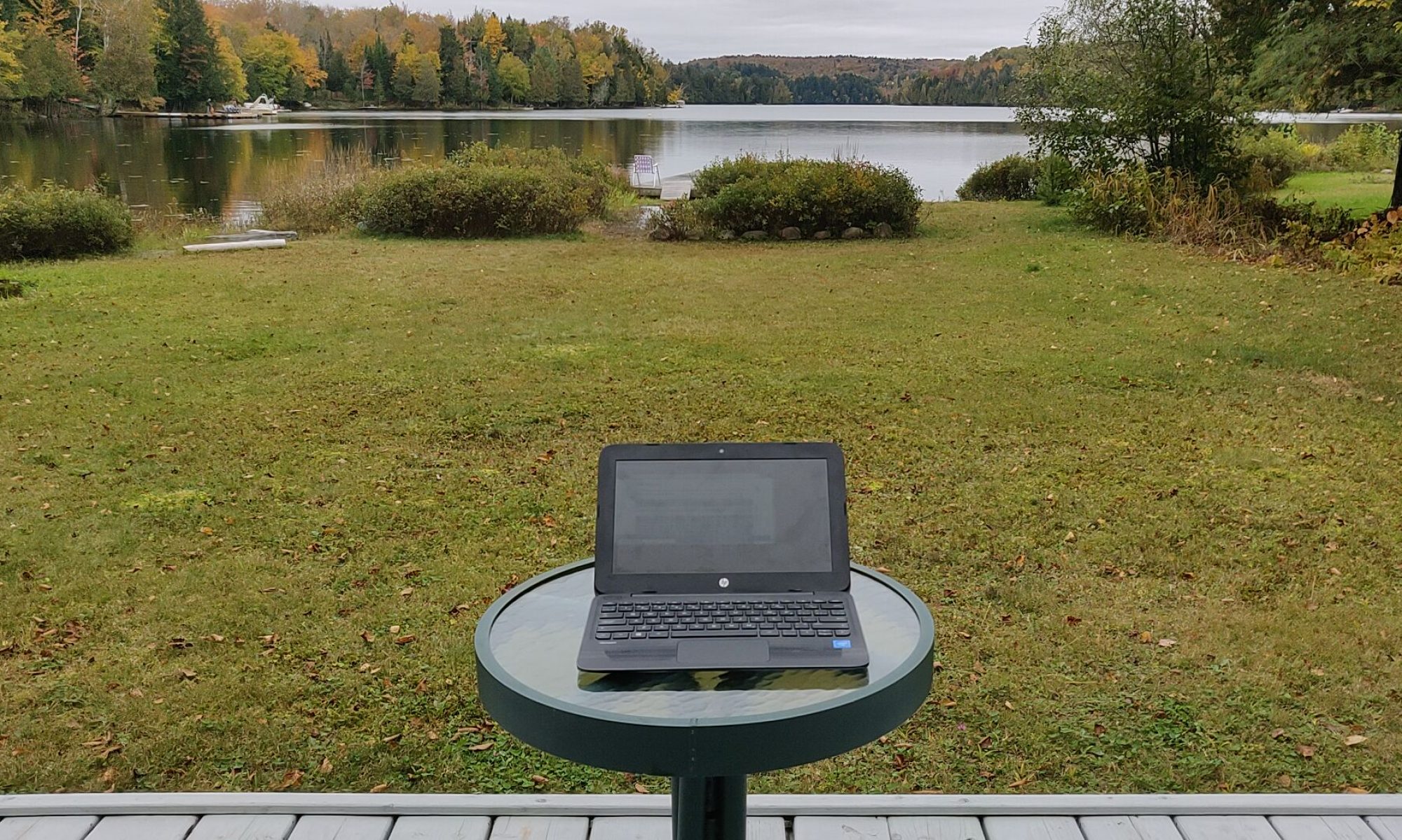I just got back from a Star Trek cruise (this year’s second sailing, January 11-17). On the cruise, I heard 2 mentions of the Orville (“a friend of mine is writing for that show, Brannon Braga brought her onboard,” plus another reference that made Orville sound like a TNG class reunion, at least on the show-runner side.) However, in terms of Discovery, it was strange: none of the Star Trek alumni (writers, etc.) seemed to be involved (“Of course we wish for the best for that show.”)
Star Trek: Discovery is aired on CBS All access, an Internet service that works on things like Apple TV and Roku. Star Trek: Discovery is also shown on Space in Canada, and is shown on Netflix outside of Canada and the US.
What I discovered was that hardly any of the Americans on the ship had seen it, or that the sample episodes shown on board were their first exposure aside from the first episode as aired on CBS.
I would have expected this gap to be filled by piracy, and of course that is not a subject for polite company, but it would seem that instead of driving CBS streaming subscriptions or illegal pirate downloads or tube site views, that US fans, Star Trek fans, have simply not watched the show. There did not seem to be any anxiety about it, either: “Oh, it’ll be on Netflix in a year or two.”
There is an old saying that it is better to be despised than ignored. Star Trek: Discovery has its pluses and minuses, but it is not even being dissed for its downsides: it is simply ignored, as though it does not exist.
I wonder if CBS is aware of this dynamic. I suspect that CBS tried to duplicate the Voyager-on-UPN strategy, and to train their people to get ready for cord-cutting and “over-the-top” streaming services. Unfortunately, I think their strategy might have been 5 years too soon. The cost, I suspect, is the cultural relevance of Star Trek: Discovery itself.
